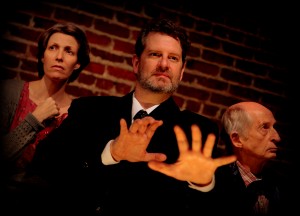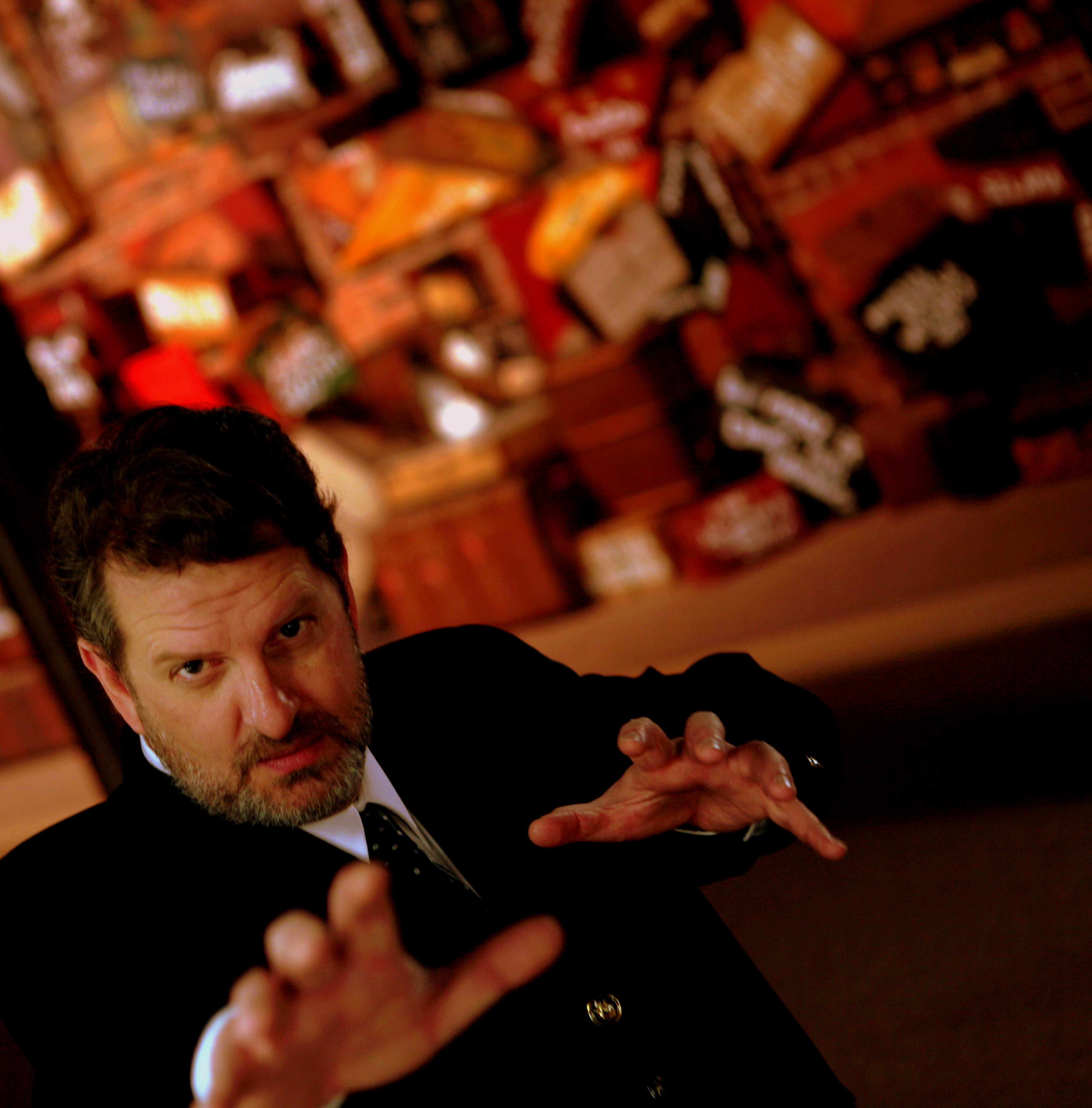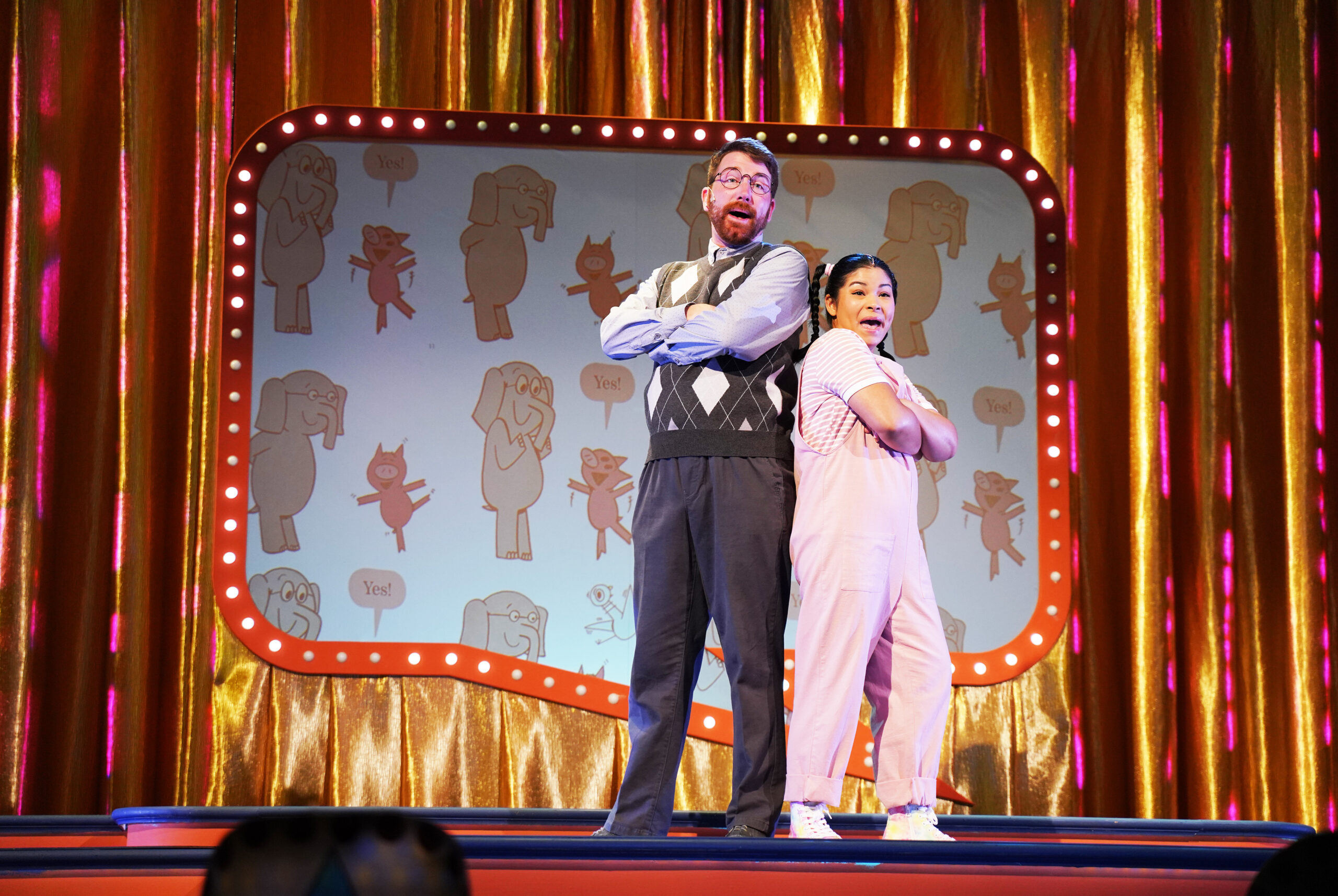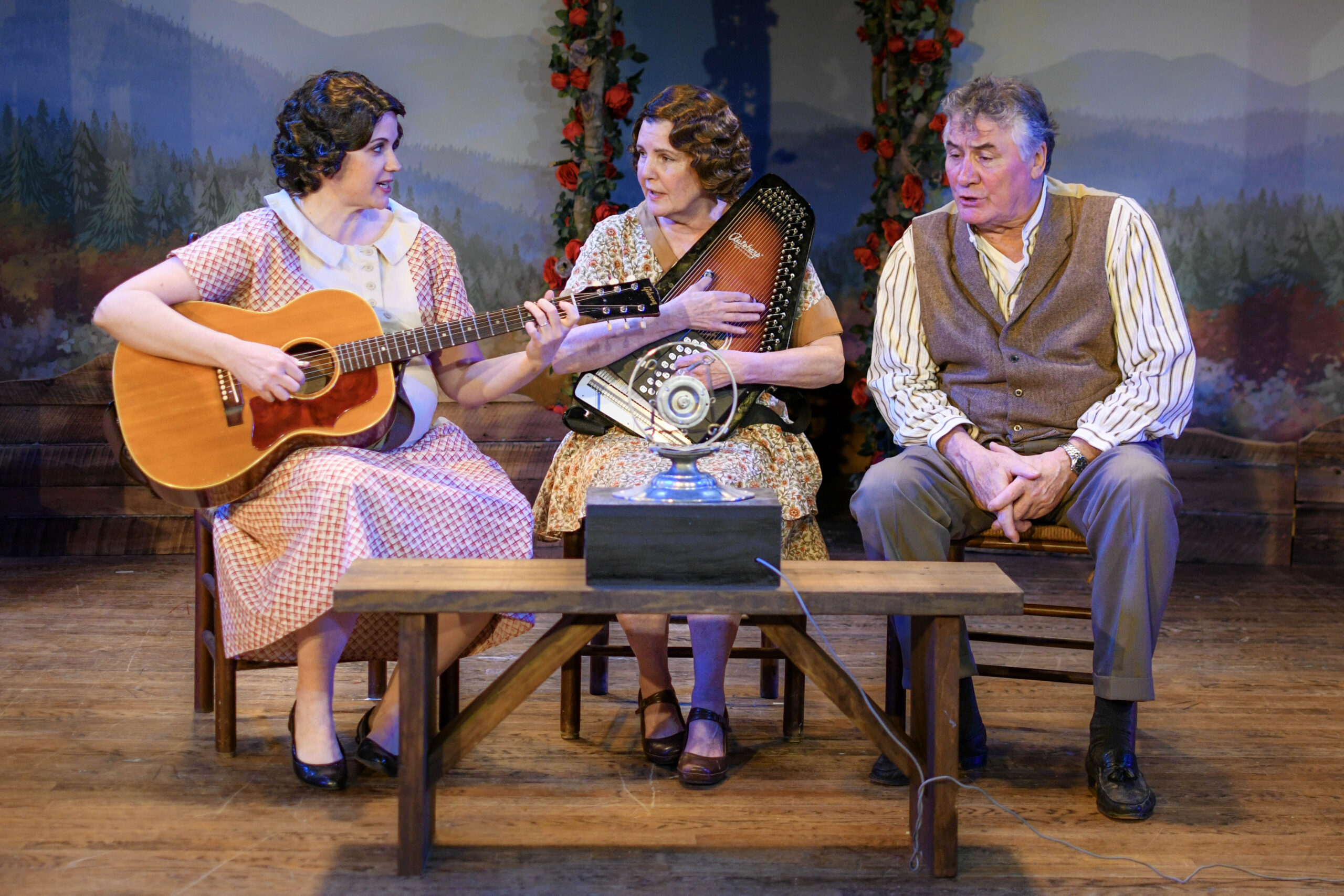Reviewed by Tony Farrell
Hitch yourself to any Irish playwright and you can count on being dragged through every bog and bramble of the troubled human psyche. Nobody does it better than these masters of the interior life, whose Celtic brains, doomed to live forever in overdrive, can always be counted upon to cough up entire triptychs of pride, despair and self-reproach.
Thrown the reins to thoroughbreds such as this, a poor stage actor might do little more than simply hang on for dear life. But the three accomplished players at the center of the Henley Street Theatre’s excellent production of Brian Friel’s Faith Healer, ride the beast flat-out and full-speed, each delivering a performance as haunting and powerful as anything that might grace a Dublin stage.
 Faith Healer turns on the most spare and savage device in stage drama: the long, lonely, unintentionally revealing monologue that usually begins as a character’s chance to put things right but almost always ends in confession and self-recrimination. So it is with each of the stories offered by Francis, Grace and Teddy, three itinerant buskers who recall their past life and affection for each other as presenters of “The Fantastic Francis Hardy Faith Healer” road show that made its way through the hamlets of Great Britain decades earlier.
Faith Healer turns on the most spare and savage device in stage drama: the long, lonely, unintentionally revealing monologue that usually begins as a character’s chance to put things right but almost always ends in confession and self-recrimination. So it is with each of the stories offered by Francis, Grace and Teddy, three itinerant buskers who recall their past life and affection for each other as presenters of “The Fantastic Francis Hardy Faith Healer” road show that made its way through the hamlets of Great Britain decades earlier.
Each member of the troupe, beginning with the Irishman Frank Hardy, takes a turn recalling the same one-night events, flashes of success and life-changing tragedies that bound them together as show people but eventually tore them apart and flung them on to separate destinies. You might think you’ll get off easy as Frank sets the narrative stage with his garrulous, charming version of good times and bad on the road. And as Frank, Joe Pabst channels Irish bravado perfectly with his jutting chin, puffed-out chest and slight rocking back on his heels.
But as an Irishman myself, I can tell you I recognized this guy immediately: defensive and aggressive at the same time; ready to explain before you even ask the question; overcompensating to the point where you don’t know what to believe. “We were always somewhere between the absurd and the momentous,” Frank says of his hit-or-miss faith-healing events. And such is the essence of the harmless charlatan. The charisma that makes Frank magical and magnetic is the same energy that eventually sends him into a tailspin, or at least pushes him to gamble one time too many. But as the playwright knows only too well, that’s the grand contradiction that fuels “the talk” at the heart of the Irish personality. Why worry about truth when the words sound so sweet?
We turn to Grace to begin untangling the threads of the real story. But looking back on her time with Frank through shards of both admiration and exhaustion, Grace has barely the strength to sweep up the shattered glass of her own life. “I measure my progress by the hours I sleep, the cigarettes I smoke,” she tells us. With every move and vocal tweak, the outstanding Katie McCall as Grace is like a small dog gone slightly mad, whether jabbing at an ashtray or pleading her case eye-to-eye with audience members up front.
It falls to the British promoter Teddy to try to guide us toward the truth. “Friends is friends, and work is work,” the boozy showman says early on, recalling his varied career and trying to compartmentalize his memories and feelings. But as any psychologist knows, that’s only a warning of trouble to come. Ron Reid, as Teddy, expertly transforms a game face into a sagging, sallow portrait of regret. When his empty lager bottles finally clang into the trash—the show’s only significant sound effect—he has nailed down the grim truth the trio once shared and can never escape.
Director James Ricks wisely allows Henley Street’s boxy, intimate space to offer just the spare atmosphere required to let Friel’s heavy-hearted—but always conversational—language do its sober work. Production elements are also intentionally sparse, leaving the troubled characters on their own to sell past the close. Andrew Bonniwell’s lighting is perfectly blank and steady—a Gorgon eye gazing down impassively on the squirming characters. Margarette Joyner’s costumes are appropriately muted and off-the-rack. Production stage manager Nata Moriconi puts only a handful of significant props within reach of the players to augment the perfect architecture of words and acting. And special mention must go to dialect coach Amanda Durst, who clearly knows that Irish and British speech turns as much on rhythm and attitude as authentic accent.
To be sure, Faith Healer cannot come without a warning label for parents. The laughs are few, and while there are only a handful of brief—and well-earned—expletives late in the play, the themes are as coarse and wild-eyed as a Connemara pony. It is a serious production for mature teens only.
But a parent with such a child could do well to share this searing portrait of how lives can be built on half-truths, how faith we have in each other can be sealed or dashed, and how the natural gifts we possess can be either nurtured or squandered. Faith Healer turns on the primal essence of all drama: The only way to relieve the broken truth inside yourself is to confer it upon someone else. It’s what a great play, and an Irishman, will always do. It is what Henley Street Theatre has done so admirably, painfully, well.
Faith Healer from Henley Street Theatre is part of the Acts of Faith Festival. It runs through February 23 at SPARC Center on Hamilton Street.







